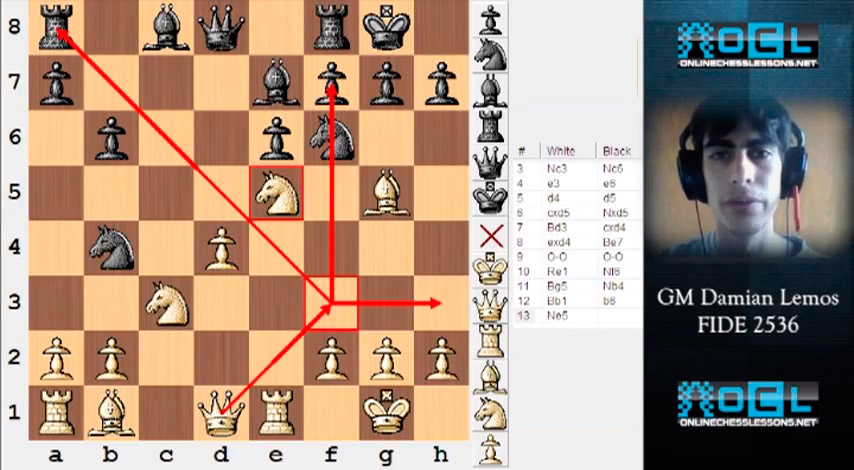

Try to keep a note of what score you achieve on survival mode every day and compare your results at the end of the week. The survival mode can be used during the hardcore training where you solve puzzles by setting them up on the board (maybe puzzles after 20 will require a chess set). To warm up in the morning, you can use the 3 minutes or 5 minutes feature as it will boost your neurons and make your brain active again. It includes a time limit of 3 minutes, 5 minutes, and a survival mode wherein all the modes if you make 3 mistakes your streak ends. This is just to maintain consistency.Ĭhesscom has come up with excellent features like puzzle rush. The day when you will be extremely busy and you feel it’s difficult to see chess, on that day you can solve a bare minimum of 20 puzzles. Keeping a track of accuracy is extremely beneficial as it gives you a direction on whether to keep going or to hold back and analyze. Initially, you might feel that it’s easy to do 50-60 puzzles, then in that case you should increase the number of puzzles. This enhances your pattern recognition and also improves your visualization. Also, 50-60 puzzles is a decent amount of puzzles. If you want to improve the speed you can practice solving tactics by setting up a time limit i.e. This turns out to be handy when playing with time pressure. Most games are lost by blunders.Solving puzzles makes a player get used to spotting the tactics quickly. One of the most important parts of playing better chess is avoiding making bad moves. Many chess players make the mistake of spending time tediously memorizing sequences of chess moves (the “opening”).

Surprisingly, most chess games don’t end quickly, but only after many, many moves and after most of the pieces have been traded away. They represent real game situations where you have a chance to win. Chess tactics are little bite-sized chess problems waiting to be solved. In order to improve, you need to learn from both. Each game contains many mistakes and opportunities.

Playing without reviewing is usually pointless.

You can’t get better at anything without a lot of repetition, and chess is no different. It doesn’t matter if you aren’t exactly sure of the rules, or if you think you already know the rules of the game.


 0 kommentar(er)
0 kommentar(er)
